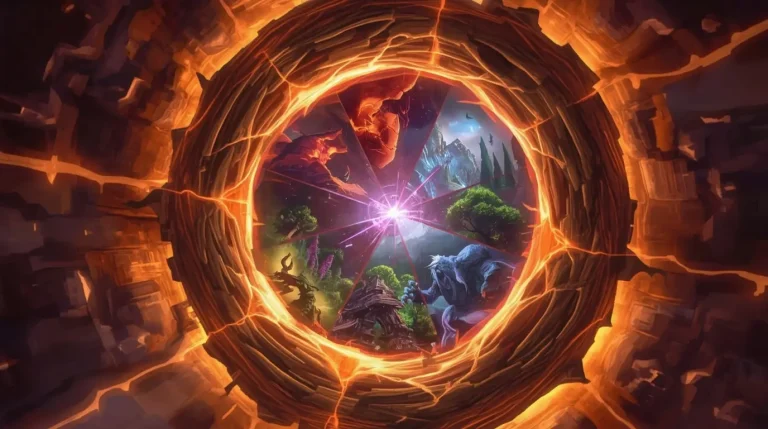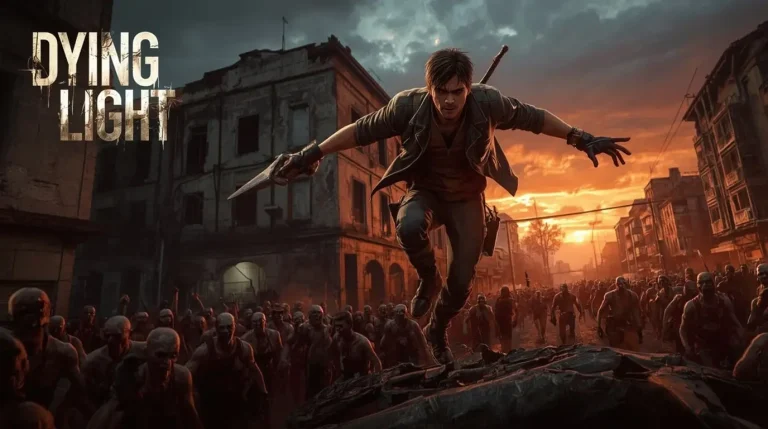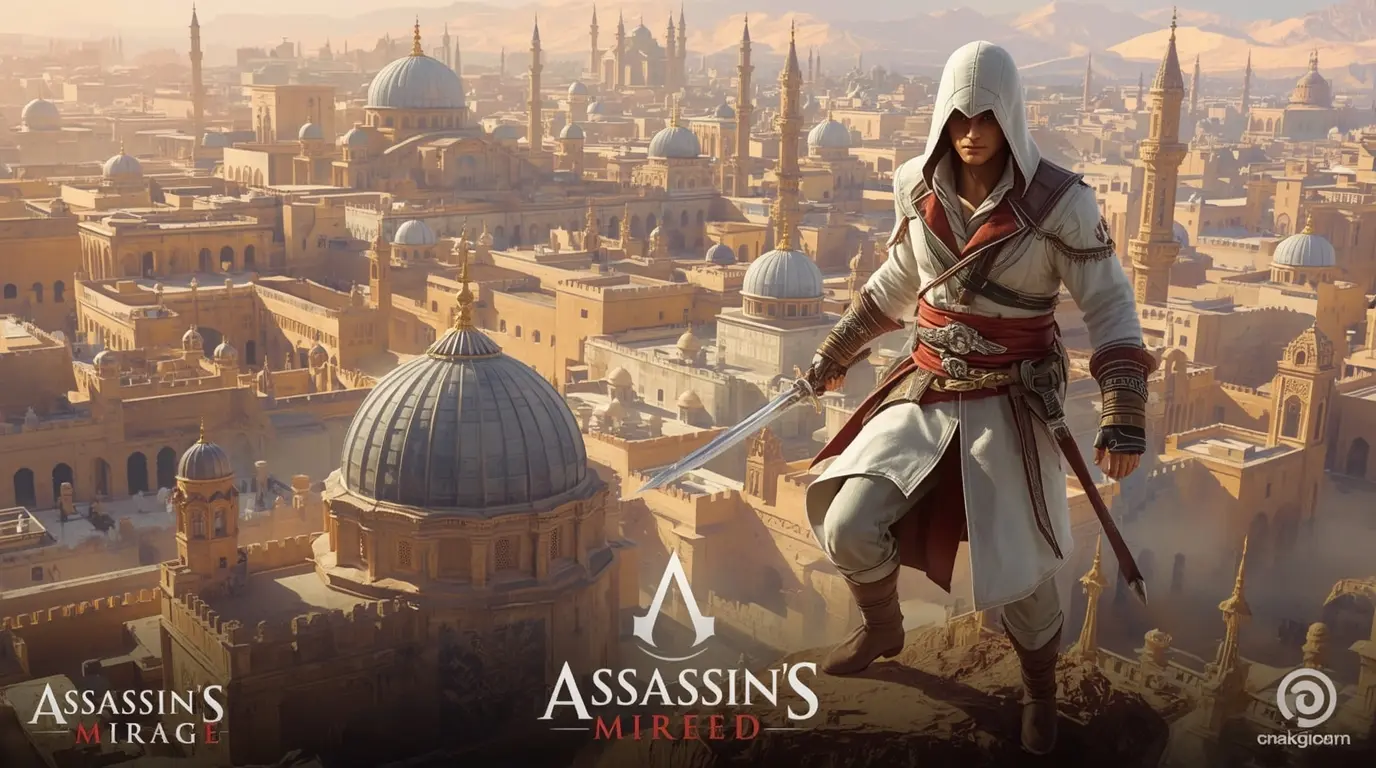
Ubisoft Faces Backlash Over Saudi Arabia Partnership for Assassin’s Creed Mirage DLC
The Overview
The gaming world often sits at a crossroads where culture, politics, and profit meet. Lately, all eyes are on Ubisoft after the company revealed a partnership with Saudi Arabia for a planned DLC for Assassin’s Creed Mirage. Both fans and industry watchdogs are now firing questions at Ubisoft about artistic freedom, moral duties, and the sometimes blurred lines between portraying a culture and merely using it for commercial gain. With developments still pouring in, observers are closely examining how the French publisher will steer through these choppy waters.
The Announcement and Its Unusual Timing
When Ubisoft teased the new DLC for Assassin’s Creed Mirage, the reveal was anything but business-as-usual. Rather than a flashy trailer at a convention stage like E3 or Gamescom, the company dropped a simple tweet at 3 a.m. on a quiet Saturday. That move shocked many fans, who expected an extensive broadcast or stunning demo. Given the game’s reputation and the high interest in expansions, the understated launch felt like a deliberate curtain-draw, and it instantly fueled speculation about the reasons behind it.
The new DLC, placed in the historic valley of Al-Ula, offers a peek into a 9th-century desert kingdom. Ubisoft calls it a no-cost downloadable chapter, adding new story missions and fresh gameplay redesigns. The studio insists on the update’s “thanks to the active cooperation of regional and overseas agencies” line to stress the scope of the project.
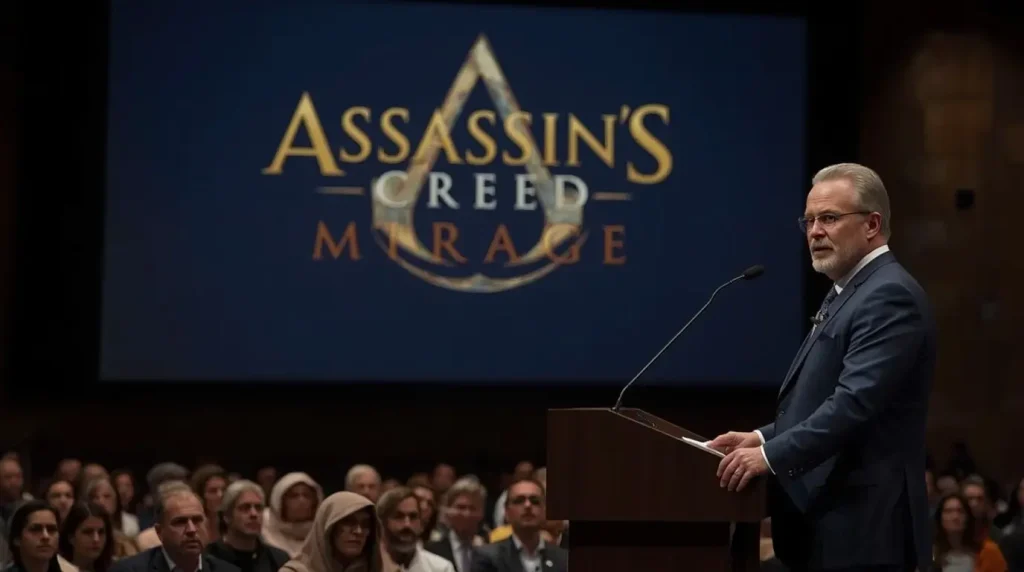
The reveal of the expansion, however, came right after Ubisoft CEO Yves Guillemot spoke at the Global Sport Conference in Riyadh. In his keynote, to the shocked audience, he spoke at length about Al-Ula’s UNESCO listing and how the studio partnered closely with Saudi archaeologists and historians. The slide showing 3-D mirage-cam scans of the ancient tombs wasn’t exactly low-key, and it made headlines even before the press release.
The deal raised eyebrows, and the email chains did not stay quiet. Both in formal Q&As and in quieter chats on the internal forum, staff pressed Ubisoft leaders on the ethical toll. The topic most often named was the 2018 murder of Jamal Khashoggi and Saudi Arabia’s ongoing human rights record. “What’s the read on how this feels to the average player? Do you think this makes us a target meme, if that,” an employee advised to the developers’ e-mail.
Ubisoft’s top brass used careful language when reporters pressed them about CEO Yves Guillemot’s high-profile trip to Saudi Arabia. Company spokespeople said Guillemot joined a French diplomatic mission headed by President Emmanuel Macron, meant to strengthen ties between France and Saudi Arabia. They then clarified that the visit was personal and insisted the firm distinguishes Saudi Arabia’s Public Investment Fund from the Crown Prince, adding, “The money in question does not come from MBS, and engaging with parties lacking the values we espouse does not mean we surrender those values.”
Even with those qualifications, many staff still worry. A recent wave of internal emails and team meetings showed friction between the financial upside that DLC and cloud saves bring, and the moral systems many employees bring to work each day. While leaders acknowledge disappointing voices, they mostly recommend focusing on ledger trends, not on particulars about Saudi backing, by re-emphasizing the game’s cultural and historical scenery.
The Saudi Public Investment Fund and Its Growing Power in Gaming
Across the industry, Saudi Arabia’s Public Investment Fund has cemented a stake that nobody can ignore. By sinking cash into giants such as EA, Nintendo, and Take-Two, the sovereign fund hopes to earn high-profile contacts while shepherding the kingdom’s wider economic diversification goal. Skeptics, though, see not diversification but cooling the heat of a stubborn reputation; reporters and human rights advocates call the trend “sportswashing” in the gaming domain, a term that critiques what they call the fast-disguising of its clients’ human rights abuses by flaunting star-studded pop and now, gaming, clout.
Human Rights Watch says Saudi Arabia is pouring cash into sports and entertainment events to hush people about its abuse of human rights. A big part of this plan comes from the Public Investment Fund (PIF), which is also pushing into gaming through its Savvy Games Group. For a company like Ubisoft, the choice to take funding from such a source is more than business—it’s a puzzle of conscience. The situation gets trickier when you think about the Assassin’s Creed series; the studio’s promises of cultural accuracy and careful research make the dilemma cut even deeper.
Ubisoft’s Answer to the Worry
Ubisoft has reacted to the uproar by insisting, again and again, that it is the one holding the joystick, so to speak, when it comes to the Assassin’s Creed Mirage downloadable content. The studio insists that it, not any partner, has the final say over the story arc, the symbols, and the historical events that make their way into the game. This is Ubisoft’s way of trying to calm everyone’s nerves about Saudi influence possibly changing the facts or the feel of the Assassin’s Creed Mirage.
Ubisoft has stressed that historians and archaeologists helped build the AlUla setting, so the virtual recreation would be faithful to reality. The studio sees the DLC as a chance to introduce a relatively unknown UNESCO site to players everywhere. By leading with educational and cultural themes, Ubisoft hopes to present the collaboration as a responsible way to boost global awareness of a real place.
Yet, critics warn that control over stories and images won’t resolve the ethical questions at the heart of the deal. The worry stretches beyond how AlUla is portrayed; it includes the message that comes with accepting sponsorship from a controversial entity. Skeptics demand clearer answers on corporate responsibility and the lessons Ubisoft wants its fans and workers to take from the agreement.
A Wider View: Politics and the Gaming World
The AlUla DLC is neither the first nor the last example of governments and corporations merging interests in the gaming space. Through its Public Investment Fund, Saudi Arabia has steadily pushed money into the industry as a way to redesign its economy and shape global influence. The plan relies on staging high-profile esports tournaments, buying stakes in studios, and inserting sponsorship into some of the biggest franchises on the market, including the upcoming content for Assassin’s Creed Mirage.
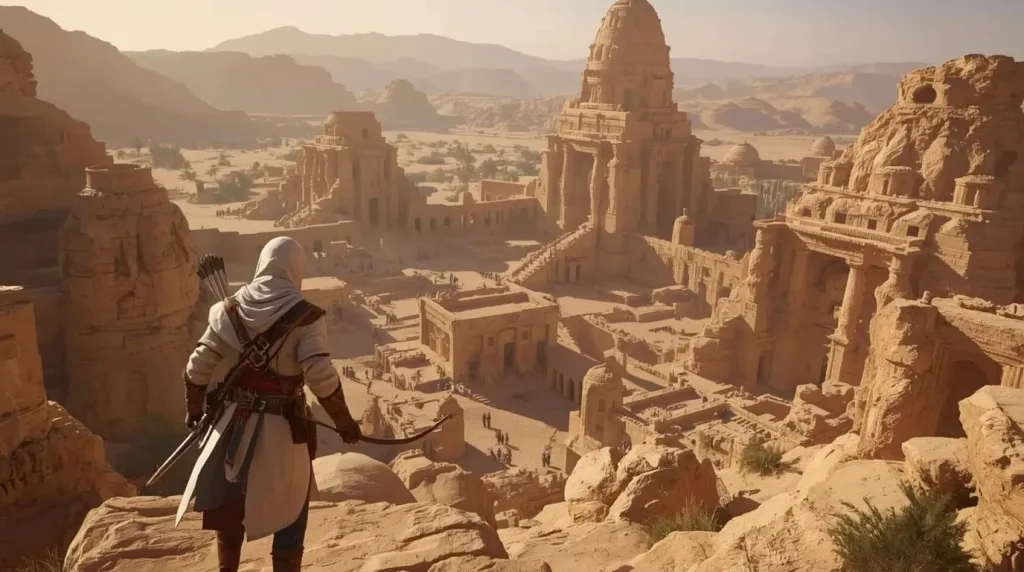
Game developers view international partnerships as handy shortcuts to funding and fresh-player audiences. Yet the arrangements always have the potential for blowback from the same players and game teams who work to expose and fix ethical holes. Look how the unfolding of the Assassin’s Creed Mirage DLC for AlUla has thrown Ubisoft and many others into troubled quicksand. Behind the shiny charts and graphs, the stickier side of corporate social duty looms large.
AlUla, as the expansion’s core setting, is far more than a pretty mission start. This UNESCO-listed oasis was a vibrant crossroads before Mohammed’s revelations even breathed life into Arabia. Carved tombs, graffiti work from palm historians, and desert strata with stories worth wandering the real site for. Ubisoft seems to have recognized that the sprawling Valley of the Kings desert site provides a modest battery for schools and backyard affairs, yet surrounded by untold more ground level accomplishments.
The Assassin’s Creed Mirage’s brand and trajectory of spill-the-culture messaging provides complimentary school trip-sized marketing for Saudi’s tourism map. The checker here for players is never the opportunity of access, it’s the quality of the passage. The firm has underlined the work reportedly done with local historians. It is a reclamation story that worries itself with who has the controller. Assassin’s Creed Mirage’s brand DNA always carried quality lager since its Prologue Atlas of Egypt, a calibra of eras framed even the series’ brief jaunts through the Second War.
Cultural Diplomacy and its Complications
Bringing AlUla into Assassin’s Creed Mirage fits neatly into Saudi Arabia’s cultural diplomacy strategy. Assassin’s Creed Mirage showcases centuries-old architecture and desert landscapes while quietly backing the country’s wider campaign to showcase its heritage and drive tourist visits in line with Vision 2030. Still, the good vibes only stretch so far if you look past the pixelated beauty to the sticky realities of the Saudi human-rights situation and the industry’s wishy-washy transparency over the deal’s finances.
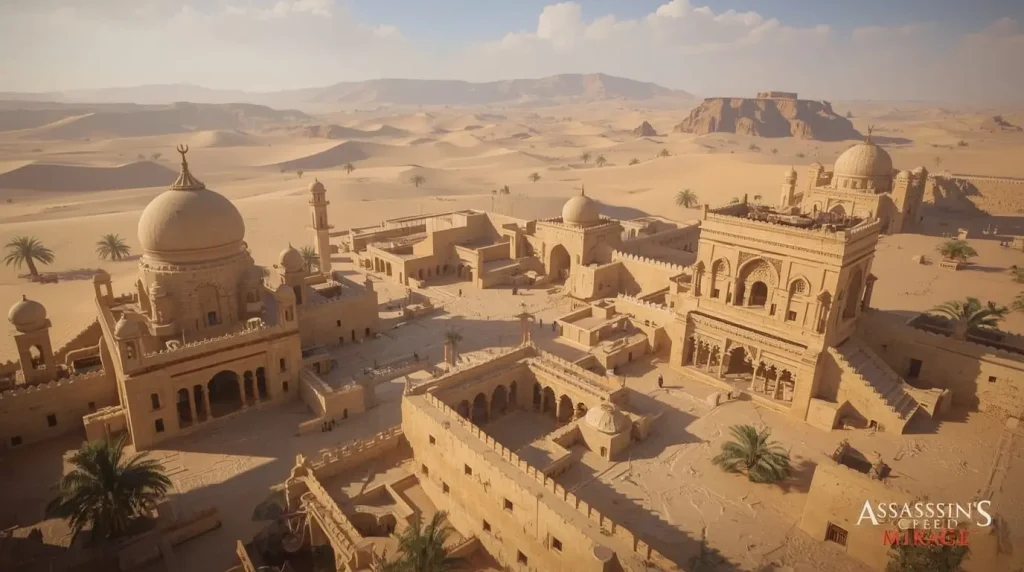
Shock, Anger, and Calls for Boycotts
Back at Ubisoft, the vibe is anything but celebratory. Staff meetings and the firm’s internal forums have been flooded with questions that linger longer than the pixelated sunset. Continue to consider-Finalisation of cultural partnerships when the studio is still reckoning with the same complaints over toxic workplace culture and equity shortfalls. Gamers echo those worries too. Social-media threads and forums are alive with off-the-radar commentary and the old play-your-sensitive-piece-at-the-same-board boycott calls.
Followers of the franchise and self-styled ethical consumers are asking the same ambivalent questions: When is supporting a culture a line you can cross when that same culture is still finding its feet? How far is far enough when the ledger includes people’s interrupt and state-mandated evening sadness? Where boycott will go and whether it is more than just another Tweet-chain click is still for the public, and no boardroom, to answer.
Ubisoft’s official reaction to the latest concerns has been to shift attention away from the ethical questions and toward the artistic and historical merits of the Assassin’s Creed Mirage DLC. The publisher sidesteps any mention of the DLC’s financial backers while repeating its dedication to creative freedom and historical accuracy. This limited tactic might soften the reaction yet unsparing critics remain unconvinced.
Examining the Path Forward for Ubisoft
As the publisher folds the additional content for Mirage into its catalogue, the affair will probably colour how consumers see future Assassin’s Creed releases and how publishers approach similar agreements. Ubisoft is already coping with financial scrutiny and tougher rivals in every genre spectrum. For the immediate future, cooperation with well-resourced investors in the Arabian peninsula is unlikely to be the last arrangement pitched to other third-party studios and publishers. In every analysed deal, the historic and ethical consequences will probably remain the most difficult topic, not the trickiest negotiation.
These partnerships will work only if publishers openly address the wider civil, political and social implications. Players and fans protested against looted city history, rights abuse in military contexts and erased indigenous voice. No studio with a politically aware audience can afford another silence. Assassin’s Creed Mirage trades on moral nuance, and a lapse in moral judgment in its DLC and in financing its DLC could unravel the care that went into the lore of Baghdad.
Ubisoft’s upcoming months will show if the company can balance profit motives with ethical pressures. All eyes will be on the AlUla DLC for Assassin’s Creed Mirage, not only to see what historical content is included, but to watch how the firm deals with ongoing backlash. A good outcome would give the wider industry a model for managing similar deals down the road.
Conclusion: Steering Through the Spectrum of Gaming Ethics
The uproar over Mirage’s AlUla add-on illustrates how tightly gaming, culture, and politics can twist together. On one hand, the partnership with the Saudi state allows a breathtaking historical site to reach global players; on the other, the association raises serious questions about the motives and messages of the funding. Ubi’s situation, still evolving, reminds us that games are rarely produced in a vacuum. The same social and political currents affecting other arts and media also touch every line of code and every marketing plan.
For fans and workers alike, the DLC debate is more than code or pixels; it is a test of corporate duties and the principles leaders embrace. As the section nears launch, the goal is tighter: for Ubi to balance AlUla’s historical value with the unarguable principles voiced by critics and to show that open conversation can lead to creative, ethical compromises.
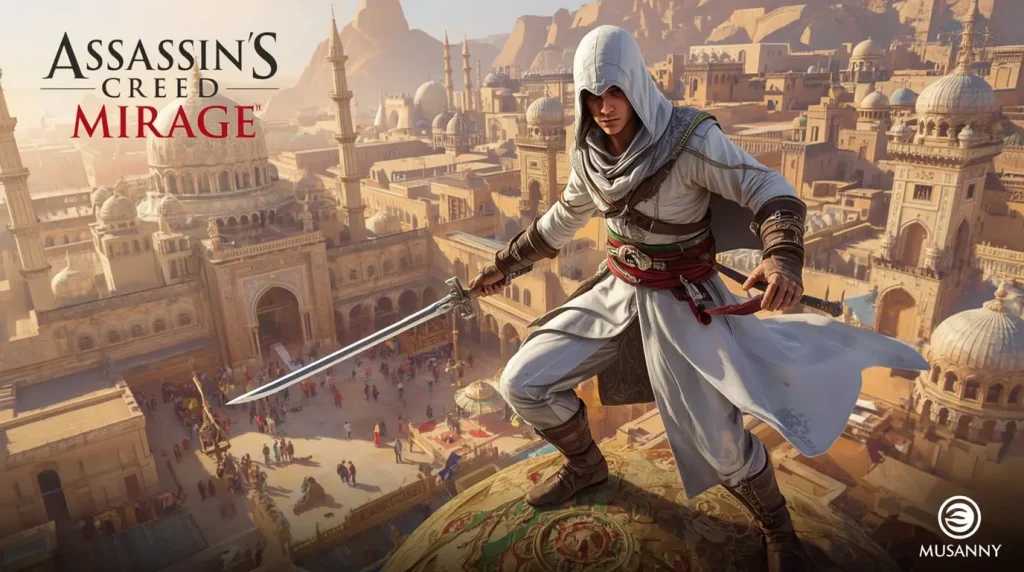
Right now, the tale of the Assassin’s Creed Mirage DLC is still being written, chapter by chapter. We don’t yet know how the fallout will shape Ubisoft or the game industry as a whole, or how the larger talks about what’s right and wrong in gaming will finish. What we do know is this: the debate about fairness, pricing, and art value is only beginning to heat up.
Source: https://gamerant.com/assassins-creed-mirage-dlc-controversy-ubisoft-comments/
For the latest news and fresh updates on games, head straight to our Homepage.

